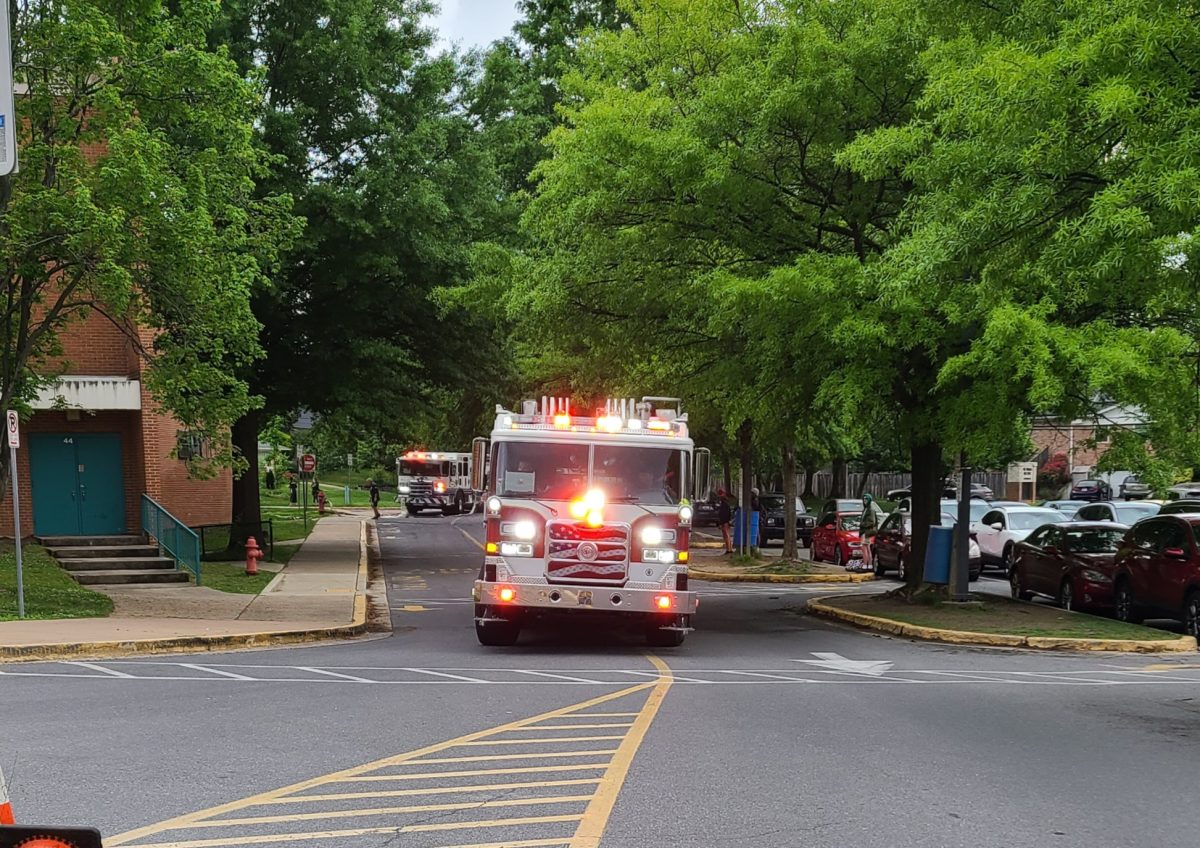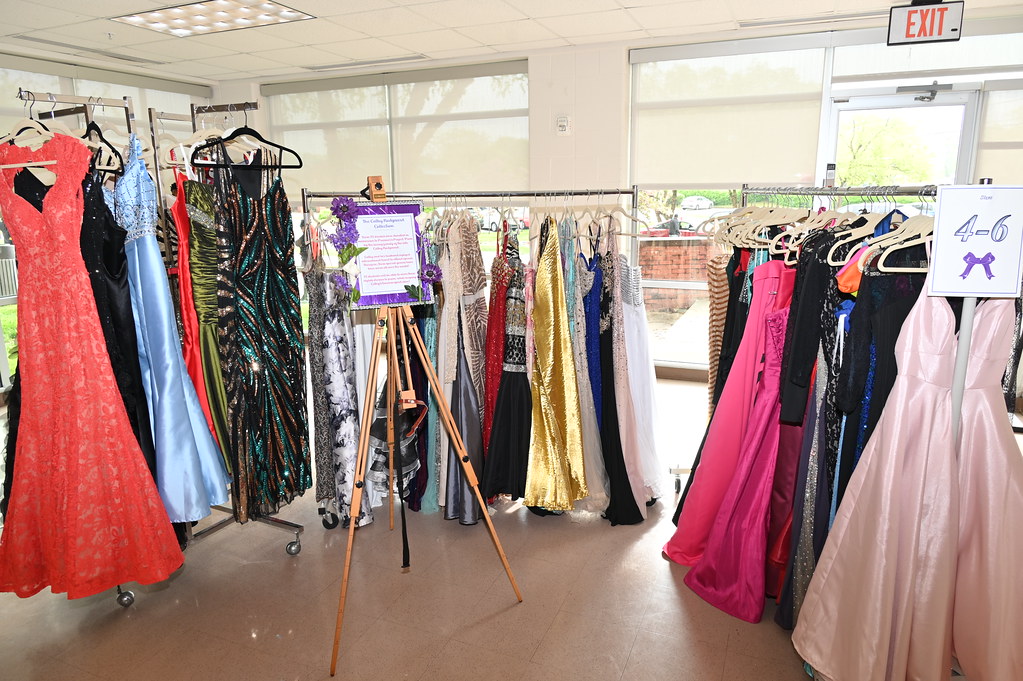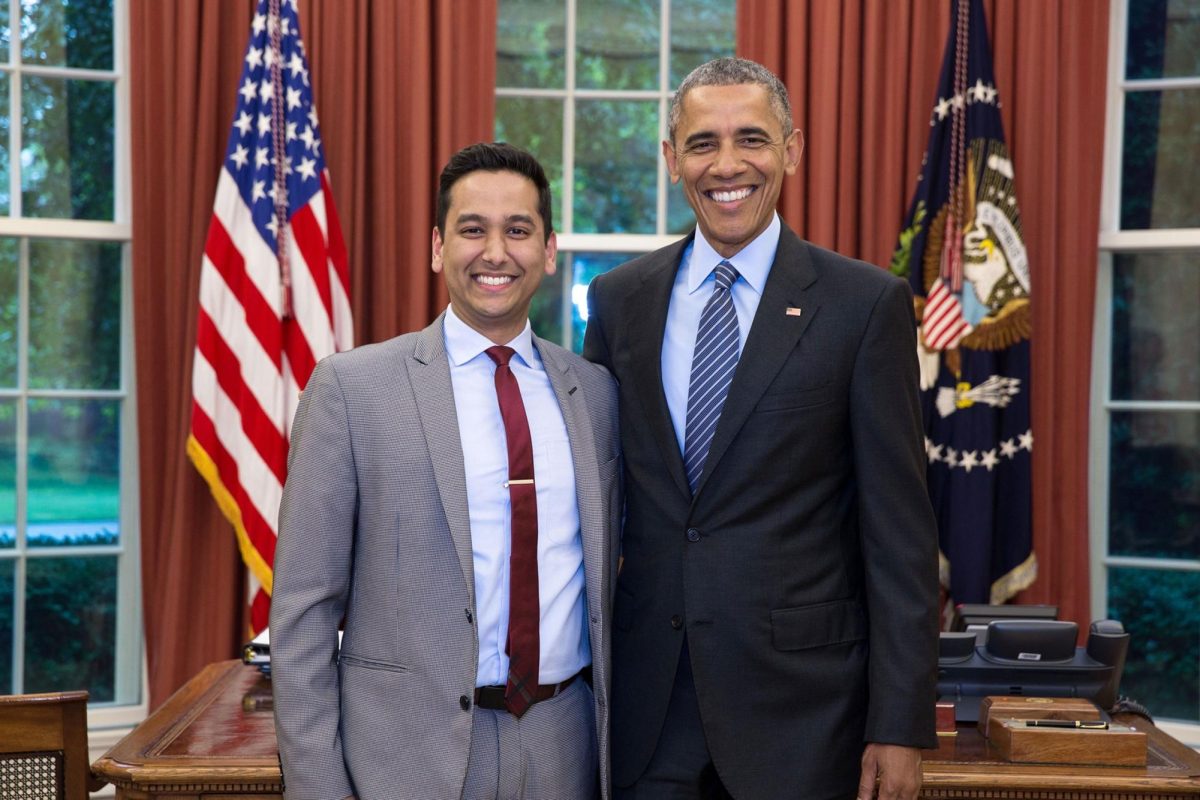Showing you’re interested in a college used to be easy, but times have changed and most seniors have figured out the new system. They attend a college meeting in the Career Information Center, ask a few questions, provide their contact information and introduce themselves to the college representative afterwards.
The additional contact is an attempt to adapt to a growing trend: more and more colleges are considering demonstrated student interest as a distinguishing criterion for admission.
From seven percent in 2003 to just over 20 percent in 2009, the number of colleges rating demonstrated interest as a “considerably important factor” has rapidly increased, according to a 2009 study by the National Association for College Admission Counseling.
This increase is due to the fact that many students are applying to far more schools than in previous years, NACAC official Melissa Clinedinst said.
In addition to examining SAT scores, high school transcripts and extracurricular activities, competitive colleges are measuring levels of interest students exhibit for their school.
While other factors are important, Dickinson College takes a long look at how much interest a student shows, said Michael Montgomery, associate director of admissions.
“Demonstrated interest can serve as a deal-breaker for whether we accept some students,” Montgomery said.
Other schools, such as Duke and University of Michigan, follow the same approach.
Students shouldn’t rely on demonstrating interest, but it doesn’t hurt to take advantage of opportunities such as campus visits and school meetings to show that they are serious about the college, Duke admissions counselor Nikki Baskin said.
Boston College freshman Sean Hyatt said he (‘10) visited his first choice, and before being admitted, emailed the college every time he did something noteworthy, including sending Boston College an email after participating in the Mr. Whitman pageant.
“While demonstrating interest probably wasn’t a pivotal factor in my admissions process, it was definitely a strong supplemental factor,” he said. “I could definitely see a correlation between the schools I showed interest in and the schools I got admitted to.”
NYU sophomore Ben Judson (‘09) was wait-listed at NYU, his college of choice, but emailed the school’s admissions counselors persistently and eventually got accepted.
“Staying in contact with the admissions counselors let them know I still wanted to go to NYU, and I feel like it helped me get in,” he said.
Other students have taken far more dramatic measures.
Christina Sutton, an admissions counselor at the University of Connecticut, reports her co-workers receiving cookies, brownies and even cakes from prospective students who were desperate to get into UConn.
“We’re not supposed to eat them because that would be accepting a bribe, but sometimes we bend the rules a little,” she said, laughing.
Meanwhile, Jason McGrath, an admissions counselor at Vanderbilt University, said the strangest item he has ever received from a student was a shoe.
“The person wanted to get her foot in the door,” he said.
While these ideas may be memorable, they will not help students get into their college of choice, McGrath said.
For some selective schools, however, demonstrated interest remains a minor aspect of the admittance process.
“We can’t reasonably expect everyone who applies to our school to come tour, or do an interview,” said Stanford admissions counselor Karen Ransom. “We aren’t really interested in how interested you are in us.”
Brian Galloway, a representative from Villanova University in Pennsylvania, agreed.
“Of course we want to find students who feel they fit at Villanova, but interest is not taken into account in our decision making,” he said. “We’re really looking for the most academically qualified students.”
Still, resource counselor Fran Landau recommends that students demonstrate as much interest as possible in schools they want to attend. In addition to visiting, Landau urged students to demonstrate knowledge about a school in admission essays and maintain contact with the school’s admissions department through email.
While demonstrated interest is becoming a larger part of college admissions, showing interest is just one of many factors that go into admissions decisions.
“We use demonstrated interest as an indicator of how driven a student is, just like we use other measures of a student’s success,” Dickinson’s Montgomery said. “Just like extracurriculars and SAT scores, demonstrated interest is just another way a student can prove that he or she would be a model on-campus citizen.”












